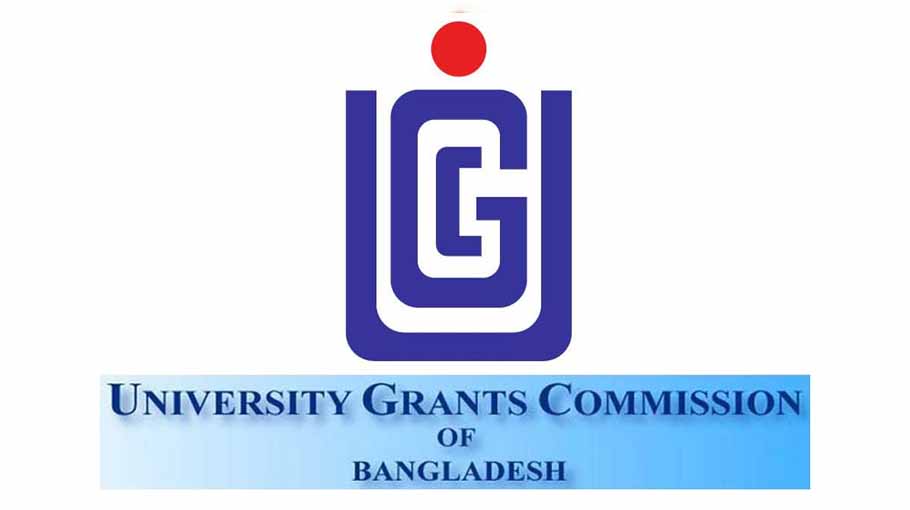Days of direct admission to master’s courses going

The University Grants Commission (UGC) plans to close the opportunity of direct admission in a master’s course in all the universities and introduce open competition for admission.
The regulatory body has proposed the formulation of an integrated policy to introduce open competition in the master’s course admission process, instead of allowing direct admission to undergraduate students of the same university.
The UGC proposed for formulation of the policy also to stop in research in the universities and evening courses there.
The UGC placed the proposal in its 47th annual report, which includes 20 recommendations, said an official of the UGC.
The report for 2020 was handed over to President Md Abdul Hamid, who is chancellor of all universities, at the beginning of this month.
The UGC requested the government to implement the recommendations and the report and to formulate a comprehensive policy and manual for the universities, as some universities have been taking advantage of loopholes in the existing law.
Prof Dr Muhammed Alamgir, a member of the UGC, said that not all the students, who completed graduation degrees, need to admit to Master’s programmes, the students who want to be teachers, researchers or want to study higher should only get the opportunity.
He further that graduation would be the terminal (marginal) degree. “This is our main message. There is a five-year Bachelor’s degree in architecture, MBBS, veterinary subjects at the universities of engineering. After passing Honours degree, anyone can take part in BCS and become a senior secretary without master’s degree.
He also said that those who wish to pursue higher education such as MPhil-PhD, teaching or research institute will be given the opportunity of master’s degree. However, the number will be limited,” he added.
Regarding the number of students who can pursue a master’s, Prof Muhammed Alamgir said that how many students of a department can get a master’s degree will depend on how many professors there are in the department and who can guide them well. The thesis is to be done in master’s and PhD, the guide is very important for doing research.
Referring to foreign universities, he said that most of the students do master’s abroad with scholarships or fellowships. “We can bring all those who can do Master’s under scholarships or fellowships,” he said.
In the annual report of the University Grant Commission, it was said that most universities and Honours-integrated colleges of the country have postgraduate-level education facilities and offer master’s programme. However, most of the institutions don’t have a sufficient number of qualified teachers to teach the Master’s course. As a result, it is not possible to ensure quality education.
One of the recommendations of the report states for arranging scholarships, teaching assistantships, and fellowships in order to give priority to postgraduate research activities by students.
The UGC called for creating an integrated university information management platform, as universities need to ensure transparency in the financial management through the formulation and implementation of software.
The commission also recommended for amending the ‘Private University Act, 2010’ and setting student tuition fee structures. The UGC hopes that the government would take an initiative to implement their proposals by formulating a unified law for all the universities except the four leading universities covered by the 1973 order.
Moreover, the UGC recommended increasing budgetary allocation for higher education, as it is currently just 0.87% of the national budget. It proposed an allocation of 2% of the national budget by 2022 and 6% by 2030 by identifying sectoral allocation in higher education in the national budget.
The UGC said that the plan needs to be implemented in order to move towards a quality education system in the country. Although its implementation is time consuming, they hope that it will bring positive results in the field of research.
UGC member Prof Dr Muhammed Alamgir said that a central research laboratory and National Research Council need to be established for Bangladesh to be competitive in the international research arena.
Former UGC chairman Nazrul Islam agreed with most of the recommendations made by the UGC, saying that he also wants to end the evening courses and limit master’s courses in order to ensure quality education in the country. He, however, said that the practice of giving conditions in Master’s degree in various recruitment notifications should be stopped.





